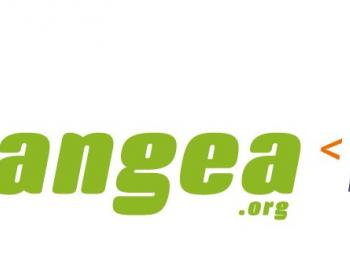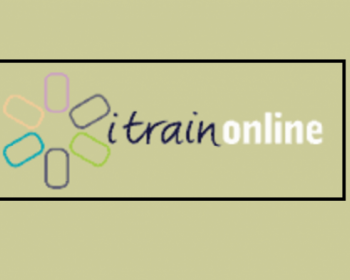ICT for development
Pangea is an independent non-profit organisation founded in 1993 to promote the strategic use of communication networks and ICTs for development and social justice. It promotes that the sharing of information, knowledge and technical resources among organisations and social movements for the effective and strategic use of ICTs, especially the internet, in a sustainable way, respecting the diversity and values of local and global culture and society. Its main activities are internet services a...
Web Networks’ mission is to contribute to building a self-reliant online community based on non-profit enterprise, cooperation and mutual aid which can support, maintain and defend principles of social responsibility, ecology and economic justice. To these ends, Web Networks provides appropriate and innovative communication technology and resources. Web Networks also seeks to foster healthy and productive work environments in non-profit organisations.
The ItrainOnline Multimedia Training Kit (MMTK) is a collection of workshop kits to help trainers working with telecentres, NGOs, community media organisations and the development sector to present effective training courses on a wide range of ICTs and non-ICT topics.
Frederick Noronha, of APC member organisation BytesforAll, was crowned Outstanding Participant at the recent Information and Communication Technology for Development (ICTD) Community workshop in Auroville, India.
The third Global Knowledge Conference, or GK3, has officially started today. The words “emerging people, emerging markets and emerging technologies”, the three main topics that structure this conference, were repeated many times by the speakers (which included the deputy prime minister of Malaysia). The words “human rights” or “freedom”, however, weren not mentioned not even once. T...
On March 10, 2005, The Economist featured reports and an editorial on the digital divide in which it derided the Digital Solidarity Fund (DSF), which had been welcomed by governments at the WSIS Prepcom 2 in Geneva in February and was due to be launched on 14 March 2005. In its editorial on “the real digital divide”, The Economist made the following claims about the Digital Solidarity Fund ...
This paper sets out to look at the question of financing the provision of information and communication technologies (ICTs) in the South, within the context of the United Nations’ World Summit on the Information Society, and advocates adopting a “global public goods” perspective on the issue. The paper first examines how the question of ICT financing has been debated during the WSIS prepa...
The term ‘e-strategies’ has gained widespread use over the last few years in the debates on the role of information and communications technologies (ICTs) for development, following the United Nations Millennium Declaration in 2000. E-strategies have been defined as “plans based on the selection of scenarios and options for applying ICTs to national development” . A similar definition s...
This report is the work of the World Bank’s Rural Development and Natural Resources Sector Unit of the East Asia and Pacific Region. The core team responsible for the preparation of this report was led by Shobha Shetty (sr. economist, EASRD) and comprised Francisco Proenza (economist, FAO Investment Centre), Robert Schware (lead informatics specialist, CITPO), Wati Hermawati (gender and ICT C...
The information revolution is not about technology, it is about people. This is increasingly recognised and has led to the convergence of major global development initiatives. Today, there is a strong correlation in the quest for an inclusive and equitable information society and the effort to achieve the Millennium Development Goals (MDGs). This book argues that Information and Communication T...

Association for Progressive Communications (APC) 2022
Unless otherwise stated, content on the APC website is licensed under Creative Commons Attribution 4.0 International (CC BY 4.0)






